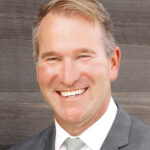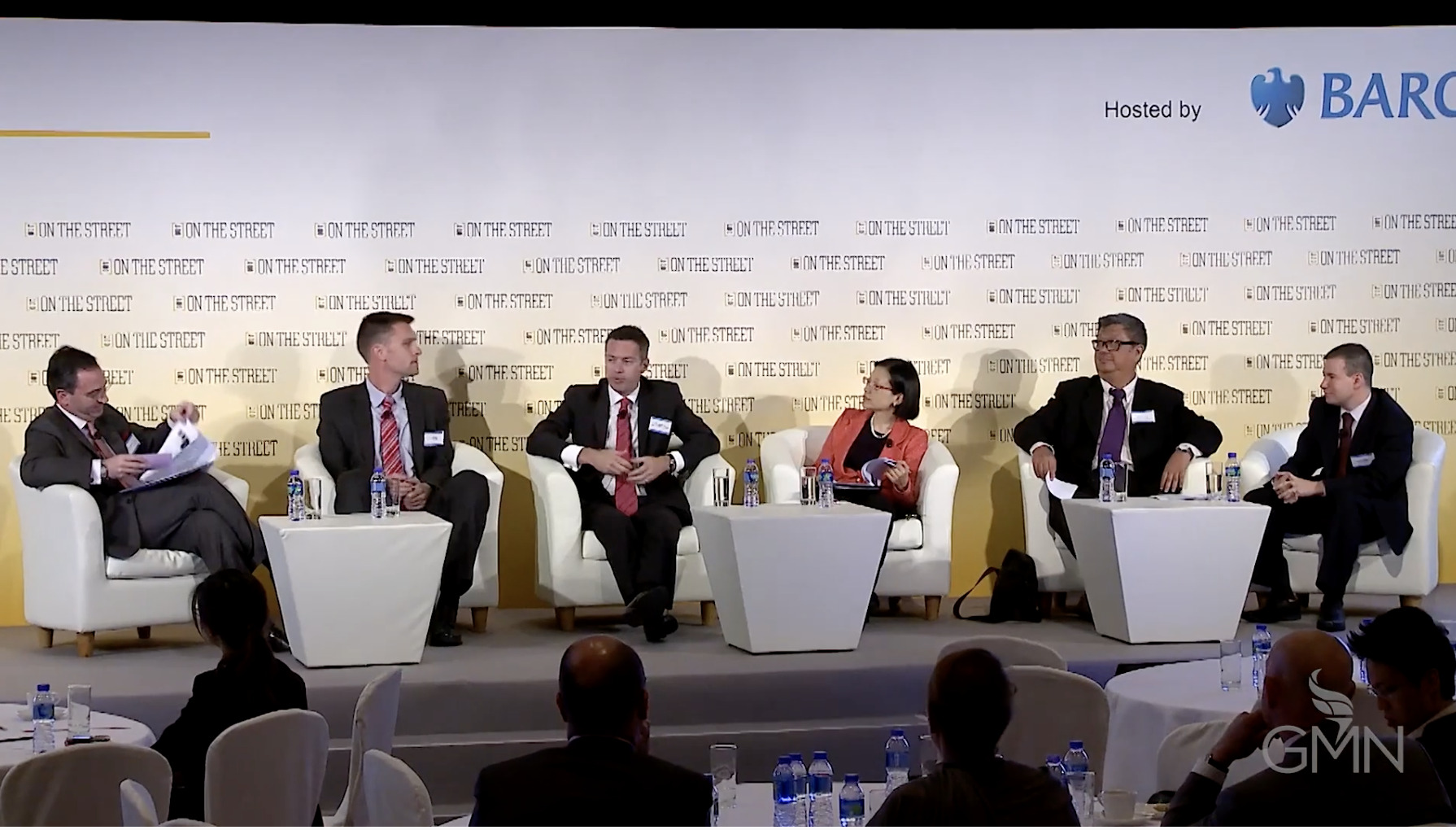Summary:
As the first and only global LGBTQ B-Corp, Out Leadership is leading by example. Todd offers deep insight into not just the why, but the how of their business model.
Thuy
You have sponsored summits in five continents attended by thousands of business leaders, that takes an enormous amount of work and enormous amount of partnerships. What is your process for building partnerships and alliances?

Todd Sears
Well, I'll take the B corp piece first, I think it's really something that we're very proud of. We were the first LGBTQ B corp and were still the only global LGBTQ B corp that matters for lots of reasons. When I started the organization, I knew that if I was going to be meeting with these business leaders and CEOs, and saying that LGBT inclusion and equality is a business opportunity, that I also needed to be a business. I also did not want to compete with the LGBTQ nonprofits, many of whom I have supported financially and been on the boards of for so many years, and the third was that really, in that same vein, wanted Out Leadership to be the convener, I really wanted us to be the organization that didn't compete with all these other organizations in the LGBTQ space but we could be the one to bring them all together and create economies of scale, and that kind of leads into your second part of your question which is on partnerships and how we've been able to build these engagements in these global events, and these global initiatives? I really do focus on the word 'partnership' as very important. We have members and we are a membership organization, so out of almost 82 companies now that are members of Out Leadership, we really do focus on multiple levels of engagement all around the world throughout an entire year, so unlike the sort of traditional nonprofit sponsorship where a company writes a check and they have a big event with a gala dinner and 10 spots and a logo and all those things, you really actually want multiple conversations over multiple layers over multiple areas of the world throughout the entire year, and the key part of that is ROI and framing what we do with our organizations and our members to really align their interests with what we're trying to achieve, and it's a really simple process. We'd literally sit down and do a mini business plan with every one of our members each year and we walk them through all of the events that we're doing, all of the talent initiatives, the research, the advocacy, how they can plug into our almost 30,000 global network of senior leaders, and really kind of map what they want to accomplish with what we are doing, and very few companies actually are able to leverage everything that we're doing globally, and so they tend to sort of focus, so some companies will say, "We really want to focus on next generation talent," so our Out Next Global Summit which this last August had almost 3000 young leaders from 11 countries as well as the salons that we do in London, in Hong Kong, Paris, Sydney, S‹o Paulo. We really want to plug into that initiative. What we really focus on is the CEO and how he or she can actually be in a platform with other CEOs but also other clients or even from a talent and a product perspective, HSBC Life three years ago joined even though HSBC was a member, HSBC Life which is their insurance arm wanted to be their own member because they wanted to leverage our network and our smarts to help them build products and services, and so through that partnership, we actually helped them create the first-ever insurance policy in Asia that gay couples could use to self-insure because marriage equality is not anything that's really yet in the Asian continent. We were able to actually help them create insurable interest so that gay couples could be protected, and that was obviously a civil rights opportunity but it was a huge business opportunity.
Related Posts

You Can’t Please Everyone
Vy Tran learned a tough lesson as a first-time manager – you can’t please everyone. Having to “drive accountability” while also being a self-described “people pleaser” required Vy to dig deep and re-think how she communicates with her team.

Failing Forward
Failing forward is an essential skill not just at work but in life. For Vy Tran, learning from her mistakes has made her a more effective and influential leader.

